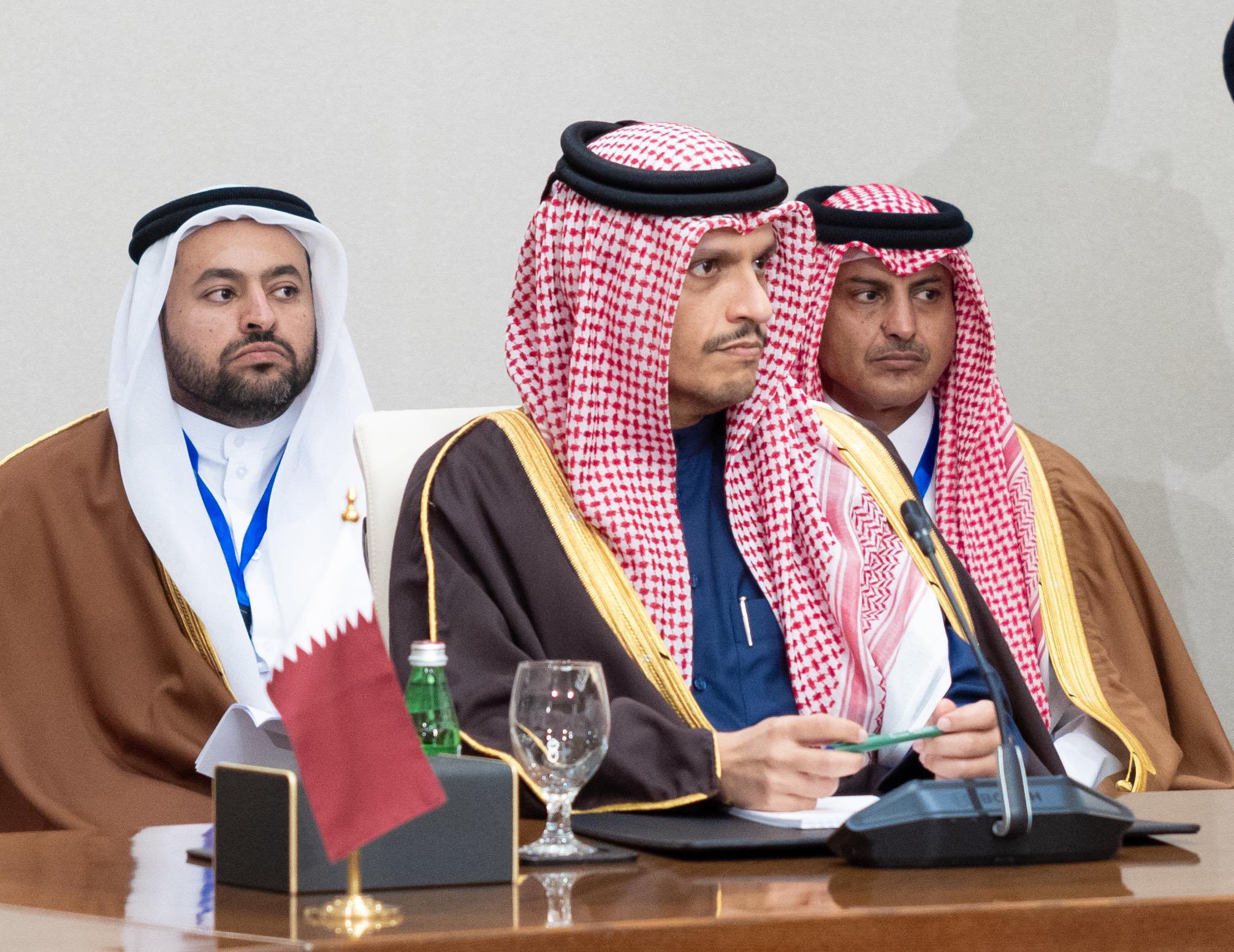
Updated to include information on penalties faced by labor law violators.
With a workforce of more than 1.5 million people, Qatar requires its 150 or so labor investigators to complete multiple inspections a day, which human rights advocates say prevents authorities from properly probing incidents of abuse here.
In a new report, Amnesty International said the Ministry of Labor carried out 46,624 inspections last year, or roughly 321 per investigator, according to government figures.
The assistant director of inspection at the Ministry of Labor told Amnesty that he expected investigators to carry out at least two inspections a day, and that some manage three or four each day, focusing on companies known to be problematic.
In its report, The Dark Side of Migration, Amnesty called this “a matter of serious concern:”
“Many of Qatar’s employers are large, financially complex operations, with dozens or hundreds of employees living and working on multiple sites. Amnesty International’s research shows that it requires some time to investigate labour abuses, and that detailed interviews with a range of workers, sometimes in a range of languages, is likely to be necessary. Carrying out three or four inspections on the same day is likely to lead to a ‘tick-box’ approval process.”
The labor inspection process is frequently cited by human rights activists as a weakness in Qatar’s efforts to protect migrant workers. Critics say the country has many good laws on its books, but fails to properly enforce them.
To deal with the sheer numbers problem, Ministry of Labor officials have been promising to hire and train more inspectors for more than a year, according to Amnesty.
Indeed, on Sunday the MOL announced that it had added 14 new inspectors to its team. And last week, a labor law was amended so that inspections can now occur on construction sites unannounced, the Peninsula reported.
During a press conference in Doha on Sunday to discuss Amnesty’s new report, secretary general Salil Shetty called the hiring of new inspectors a “concrete, positive step.”
Communication problems
However, his organization’s report notes other ongoing challenges, including language barriers, as most inspectors have trouble communicating with Qatar’s largely Asian workforce.
Ministry of Labor officials told Amnesty that:
“…most inspectors typically speak Arabic and English only. … Amnesty International researchers found that virtually no construction workers who do not occupy management or ‘staff’ positions speak Arabic or English to the level required to properly explain a complex labour complaint. This language barrier raises serious questions about the degree to which inspectors can fully understand and reflect any concerns that may be raised by workers.”
Languages barriers also made it difficult for workers to access Qatar’s labor complaints system online, Amnesty said. Furthermore, the Labor Relations Department’s physical officers are only open on weekdays, which means workers must skip work and open themselves to disciplinary penalties by their employer to lodge a complaint.
If a worker does file a complaint that cannot be settled by the Ministry of Labor, the case must be dealt with in the courts. According to Amnesty, workers at this stage are routinely asked to a pay a QR600 (US$165) fee for the production of an expert report to look into the details of their case.
For many workers complaining about months of unpaid wages, such a fee is “prohibitive” and leads to many workers dropping their case, according to Amnesty researcher James Lynch.
He adds that it is difficult to measure the impact of the inspections that do take place because Amnesty has been unable to obtain data on the number of employers prosecuted for breaching Qatar’s labor laws.
He said inspectors who find firms in violation of the rules can advise company officials on how to fix the problem, give them a warning or refer the matter to the Ministry of Labor Ministry of Civil Service and Housing Affairs. Sanctions at the ministry’s disposal includes fines, referring the issue to the criminal justice system and blacklisting the company in question.
Lynch said the latter penalty means the Ministry of Labor ceases to cooperate with the company, which prevents them from sponsoring additional foreign workers.
He described the measure as “broadly aiming in the right direction,” but noted it can have a perverse effect: some companies unable to recruit new laborers will take steps to avoid losing existing employees, such as withholding their passports or denying them exit permits.
Thoughts?
Note: This story has been updated to correct the name of the government ministry responsible for levying sanctions on companies that violate labor laws.







